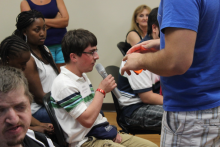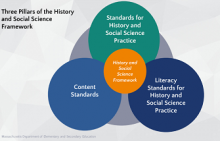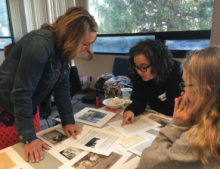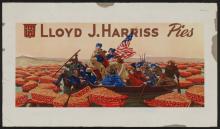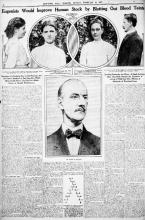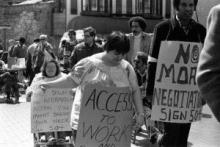Massachusetts, as part of reform that builds civic education into the curriculum each year from Kindergarten through high school, passed a law in 2018 to require that each student be offered an opportunity to participate in a student-led civic engagement project in middle school and in high school. As teachers and schools embark on planning for how the student-led projects will be organized, it will be valuable to think about what will support full participation by students with disabilities in this important new opportunity.
Supporting Engagement by Students with Disabilities in Civic Education
Published on Wed, 07/17/2019

